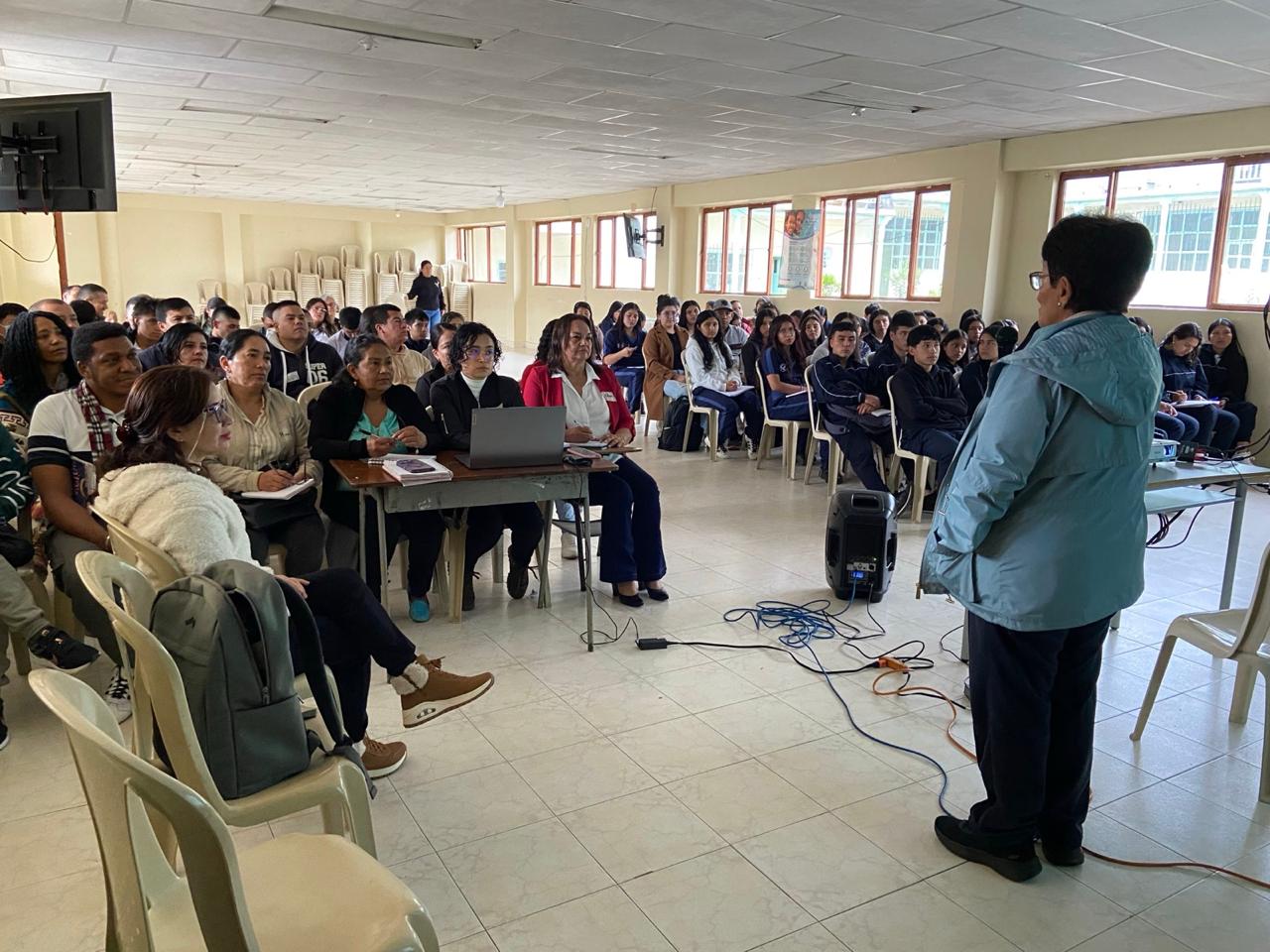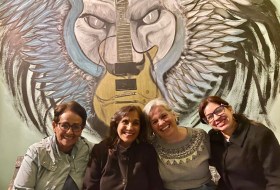News
The educational reality behind the mountains of Cauca
In the depths of the Colombian Macizo, where the mist brushes the mountains and hides secrets within its folds, a silent battle is being waged: the battle to educate among the fear. Traveling to Almaguer, in southern Cauca, is not just a physical journey through winding roads, it is also a journey into the heart of a reality that challenges our mission as educators. There, where violence intertwines with childhood dreams, the school becomes the last refuge of hope. What does it mean to train teachers in contexts where life itself is at risk?
In the heart of the Colombian Macizo, where the fog blankets the streets of Almaguer like a veil of mystery, we are met with a reality that forces us to question the true nature of our society and our role as teachers. As professors from the University of Cauca, from the Department of Education and Pedagogy within the Faculty of Natural, Exact and Educational Sciences, we travel to the most remote regions of Cauca, bringing with us, through training workshops, presentations on the curricular approach and academic structure of the undergraduate programs offered through the partnership between the Normal Schools of Cauca and Unicauca.

Provided photo
The intermunicipal bus ride is a challenge in itself. The sharp turns and cliffs make us cry out inside, while any attempt to sleep during the six-hour journey proves futile. But it is upon arriving in Almaguer that reality strikes with full force. The people walking through the town’s streets, in the cold, resemble characters from The Others, gradually appearing from the fog.
However, it is during the training workshops that the harshest reality emerges. The innocent faces of students reveal lives marked by violence and fear. The presence of narco-guerrilla groups remains a problem in these territories, using children and adolescents as "mulas" to transport drugs, forcing them to carry bundles of coca at night after leaving school.

Provided photo
This is the reality our teenagers face in their territories, a reality that compels us to reflect on the effectiveness of our education policies and programs. How can we speak of quality education when life itself is at risk? How can we expect students to focus in the classroom when their daily lives are defined by fear and violence?
The answer lies with both the University of Cauca and the educational institutions, in our ability to listen and understand the reality of our students and teachers. In our capacity to design programs and policies that respond to the specific needs and contexts of each territory. Only then can we truly speak of education that is inclusive and equitable.
The mist of Almaguer may be a veil of mystery, but it also serves as a powerful reminder of the realities lived in many corners of our department and our country. Yet, within those expressions, we can still see that school and education remain a possibility for hope.
Written by: Paloma Muñoz, Professor, Department of Education and Pedagogy


